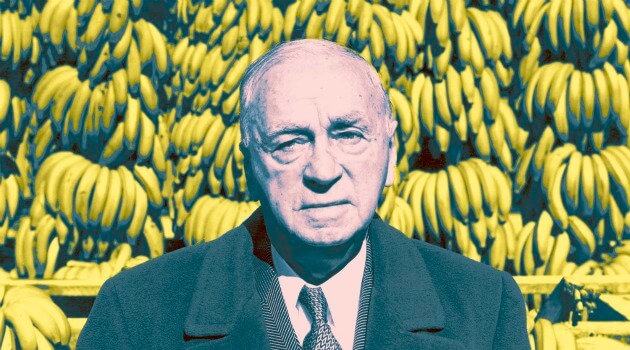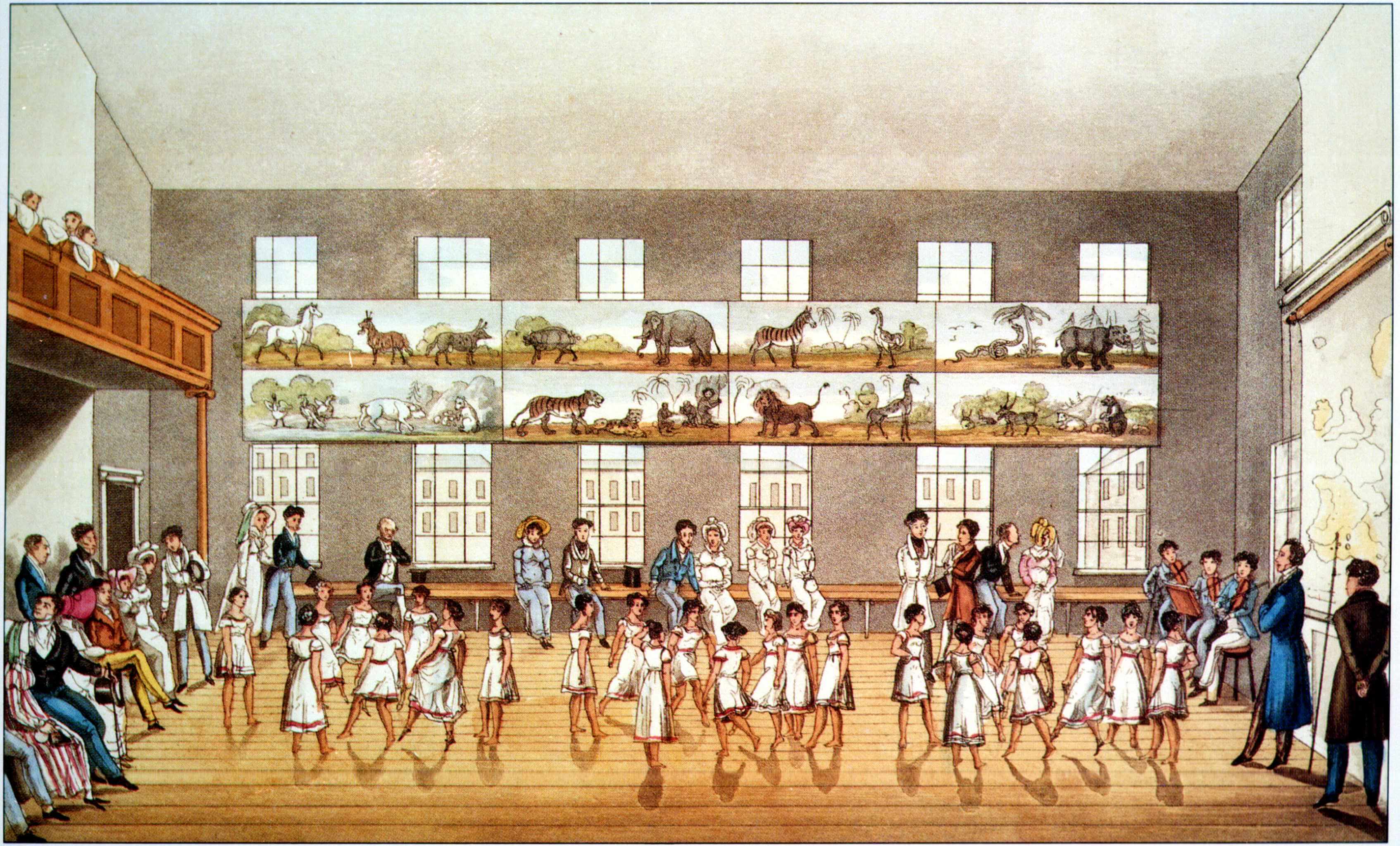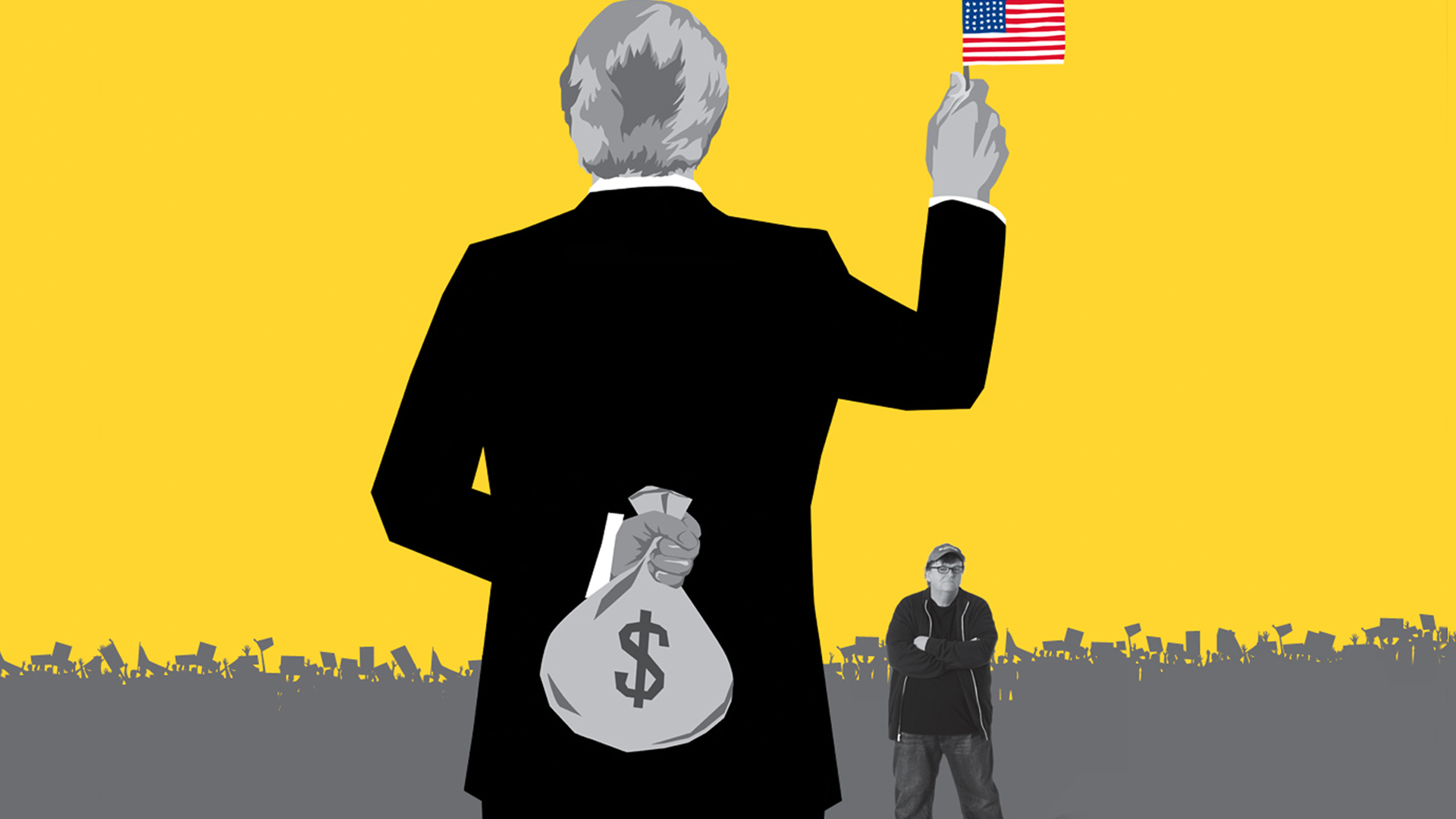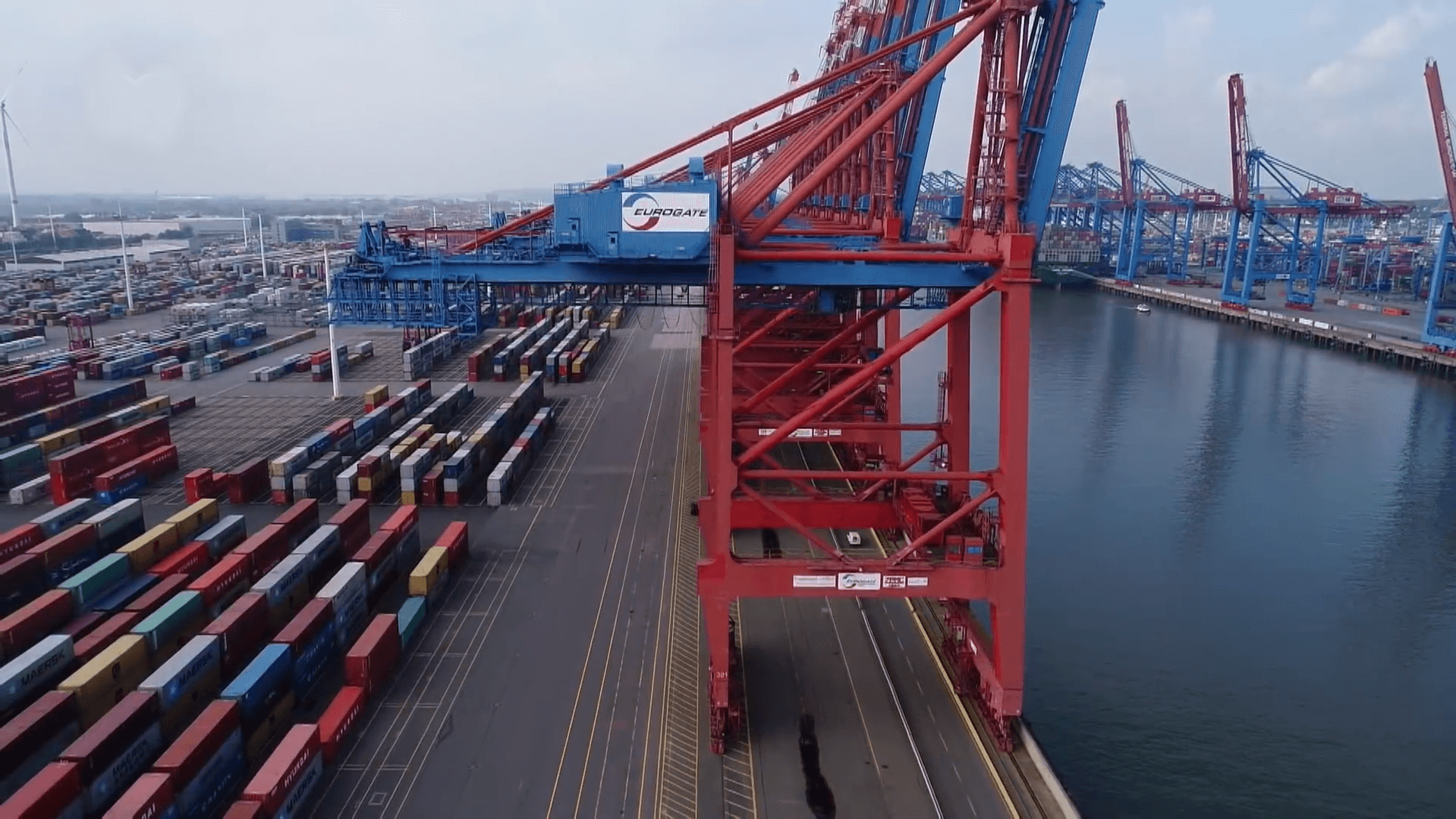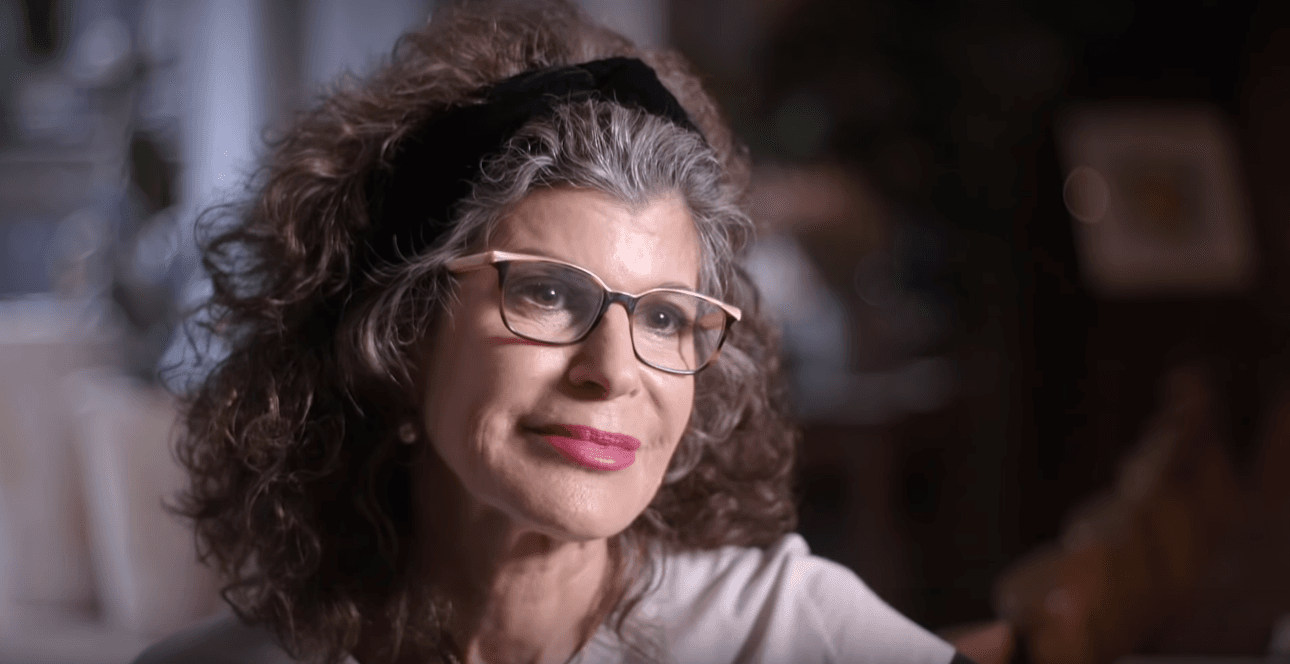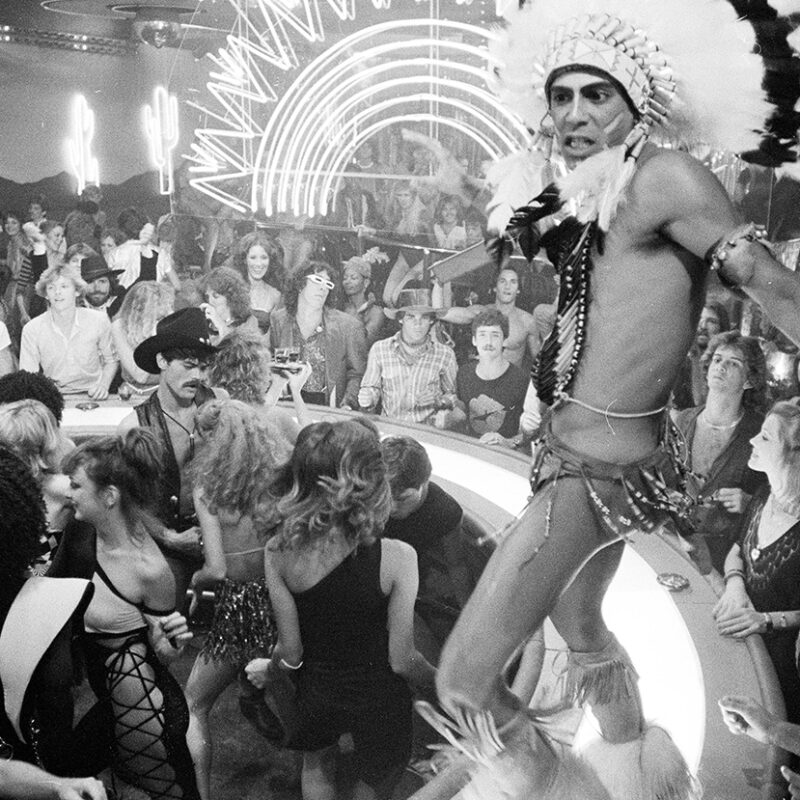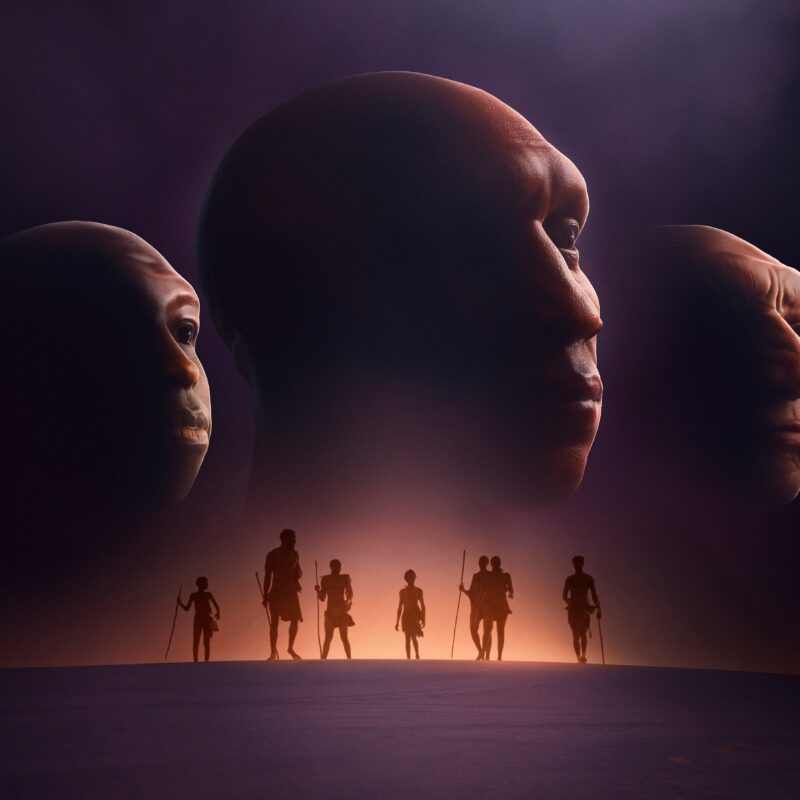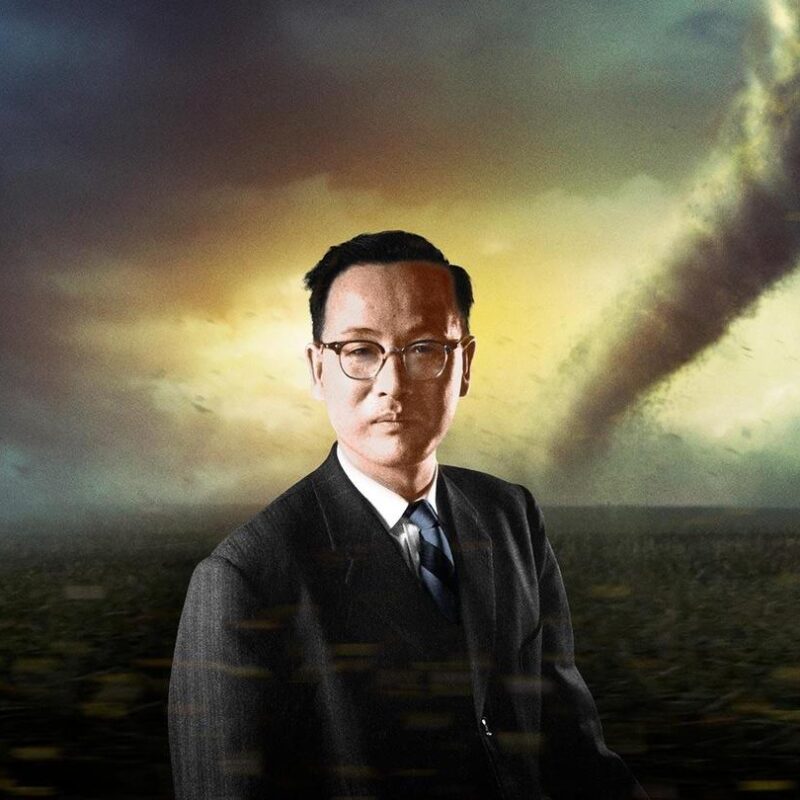description:
How did United Fruit Company – now known as “Chiquita” – turn into a multinational empire that could downgrade Central American nations to easily manipulated “banana republics” and destroy millions of hectares with monocultures? Using the banana as an example, this documentary shows how globalized capitalism actually works. The documentary ‘On Bananas and Republics’ uses rare archival images, many unpublished, to illustrate the history of the United Fruit Company. Founded in the 19th century, the company held the monopoly over the world banana trade for almost a hundred years. Company bosses were sometimes more powerful than politicians and degraded independent states in Central America to so-called “banana republics” that were helpless to withstand their will. At the center of this story are two men: Minor Cooper Keith, founder of the United Fruit Company, and Samuel Zemurray, his successor at the head of the giant firm. These two visionary but unscrupulous pioneers of globalized trade shaped practices that are still commonplace in multinational corporations today. Their principles were the pursuit of monopoly, privatization of resources and tax avoidance. In Central America, they expropriated peasants from the land in favor of large-scale monocultures. Despite its impact on soil quality and the health of workers, this agroindustry is still in operation today. Edward Bernays, who has been called the “father of modern public relations,” supported the entrepreneurs in their projects and created a mascot for them: “Miss Chiquita Banana”, which featured in movie and television spots for decades and made the banana the most consumed fruit in the world. The United Fruit Company was so influential that it was able to convince the US government to overthrow the democratically elected Guatemalan president in 1954 after he threatened to rein in the company. Today the triumphant march of the banana seems like a tragicomic parable of the dubious triumph of capitalism.

